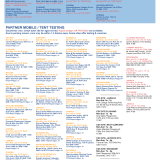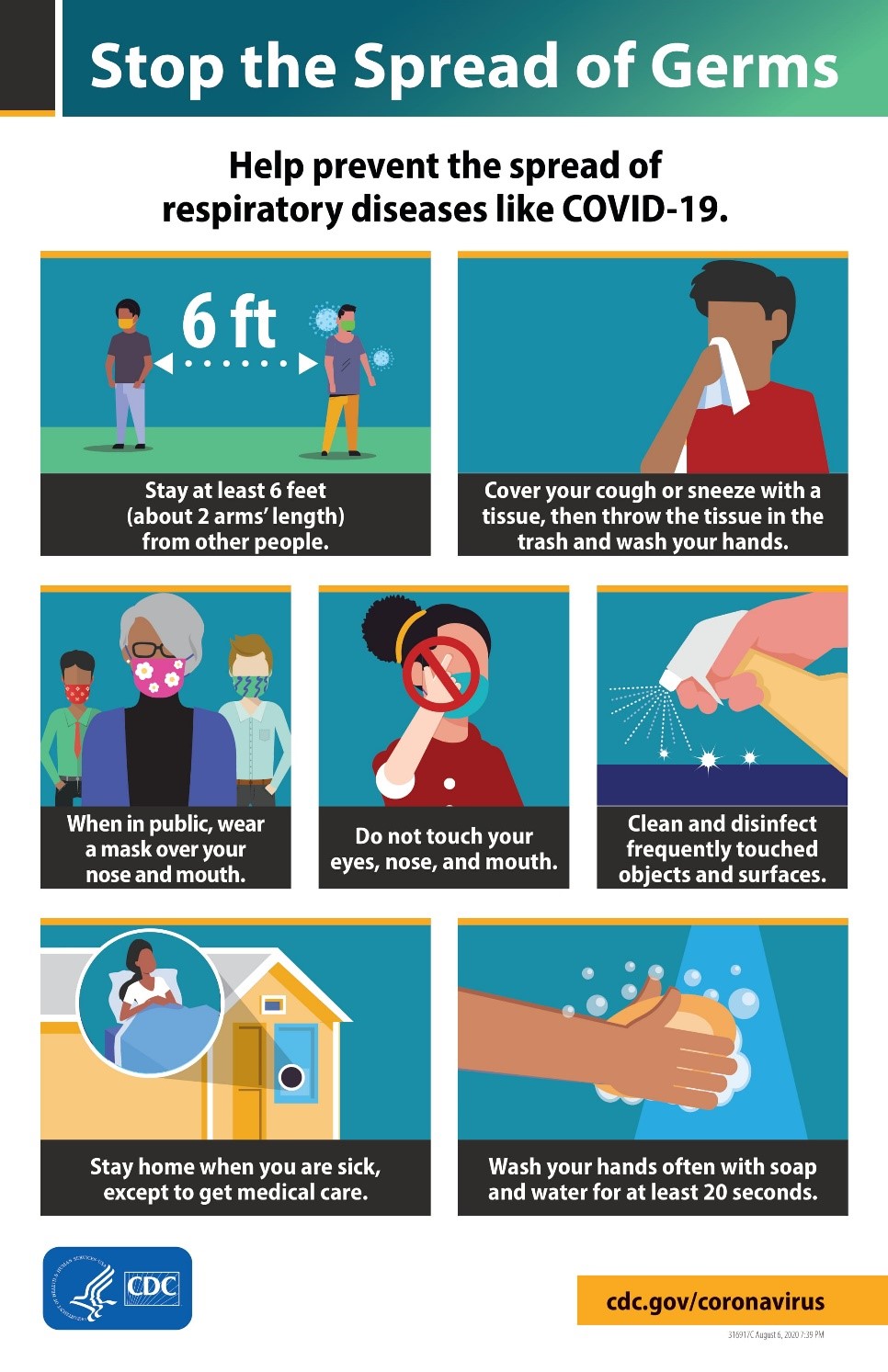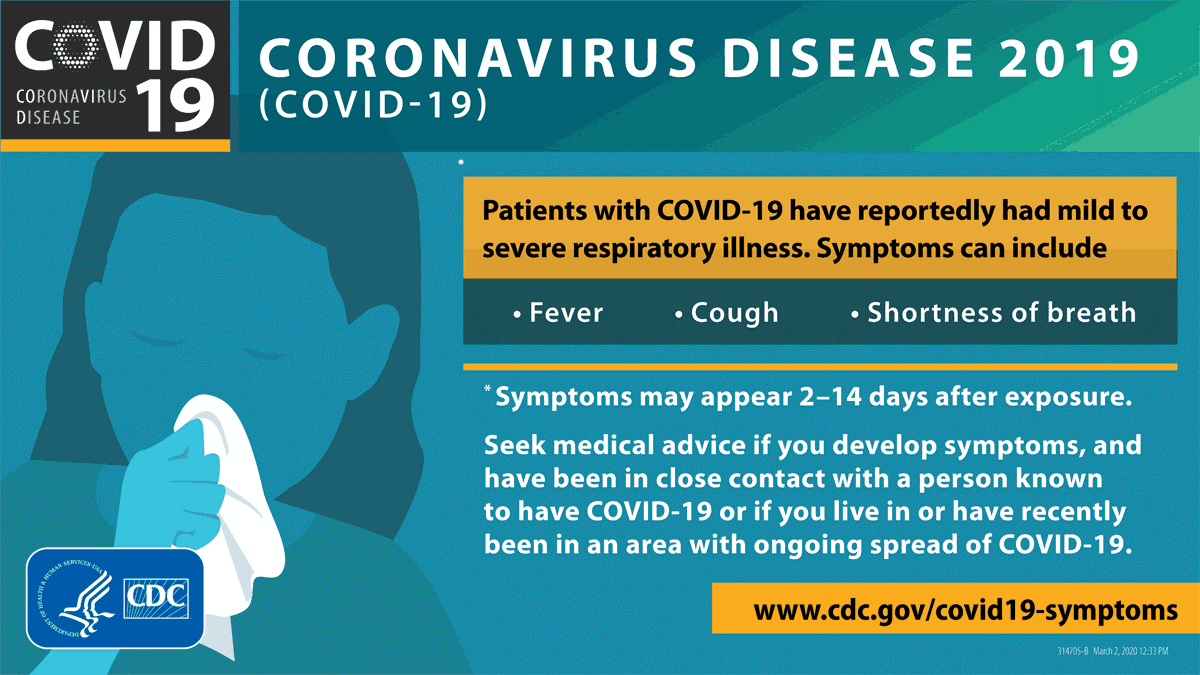COVID-19 Testing Resources
Table of Contents
Protect Your Health During Flu Season
Resources for Parents and Students
*Updated February 16, 2022*
Please see information on vaccine distribution in our district here.
Please see information on testing sites in our district here.



Discrimination against anyone in our community should not be tolerated. The New York State Division of Human Rights has published the following on coronavirus discrimination: here in the following languages: English, 中文版 (Chinese), 한국어 (Korean), عربى (Arabic), বাঙালি (Bengali), Español (Spanish), Français (French), Русская версия (Russian).
You can access up to date information from the CDC at: coronavirus.gov
Detailed information on the most up-to-date guidance from the CDC can be found here. Additional steps to keep Americans safe from Coronavirus can be found here. For the most up-to-date information on where vaccines and boosters can be found, click here.
Federal, state, and local officials have strongly advised social distancing as a necessary and critical community strategy to combat the spread of COVID-19. NY-06 residents are able to receive assistance by calling the District Office or the D.C. office or by sending an email message through https://meng.house.gov/contact/email-me. Constituents needing help with a federal agency will be connected to a casework staffer during normal business hours through the District Office number at 718-358-6364. If you need help with a federal agency, please see further instructions here.
For confirmed COVID-19 cases, reported symptoms have ranged from mild to severe, fever, chills, cough, shortness of breath, fatigue, muscle aches, headache, loss of taste or smell, sore throat, nasal congestion or runny nose, vomiting or diarrhea, and skin rashes. The CDC believes at this time that symptoms of COVID-19 may appear in as few as 2 days or as long as 14 days after exposure.
Call your healthcare professional if you feel sick with fever, cough, or difficulty breathing, and have been in close contact with a person known to have COVID-19, or if you live in or have recently traveled from an area with ongoing spread of COVID-19.
The CDC also has a tool, the self-checker, to guide you in making decisions about seeking appropriate care.
The CDC recommends everyday preventive actions to help prevent the spread of respiratory diseases, including:
- Get Vaccinated
- Authorized COVID-19 vaccines can help protect you from COVID-19.
- You should get a COVID-19 vaccine as soon as you can.
- Once you are fully vaccinated, you may be able to start doing some things that you had stopped doing because of the pandemic.
- Once made available to you get an authorized COVID-19 booster shot to further your protection from COVID-19.
- Wear a mask.
- A mask that has two or more layers of washable, breathable fabric.
- A mask that completely cover your nose and mouth.
- A mask that fits snugly against the sides of your face and doesn't have gaps.
- A mask that has a nose wire to prevent air from leaking out of the top of the mask.
- Avoid close contact with people who are sick.
- Inside your home: Avoid close contact with people who are sick.
- If possible, maintain 6 feet between the person who is sick and other household members.
- Outside your home: Put 6 feet of distance between yourself and people who don't live in your household
- Remember that some people without symptoms may be able to spread the virus.
- Stay at least 6 feet (about 2 arms' length) from other people.
- Keeping distance from others is especially important for people who are at higher risk of getting very sick.
- This is especially important for people who are at higher risk of getting very sick.
- Wash your hands.
- Wash your hands often with soap and water for at least 20 seconds, especially after going to the bathroom; before eating; after changing a diaper; after handling a face mask; after caring for someone sick; after touching animals or pets; and after blowing your nose, coughing, or sneezing.
- If soap and water are not readily available, use an alcohol-based hand sanitizer with at least 60% alcohol. Always wash hands with soap and water if hands are visibly dirty.
- Avoid touching your eyes, nose, and mouth.
- Cover your mouth and nose with a cloth face cover when around others
- You could spread COVID-19 to others even if you do not feel sick.
- Everyone should wear a cloth face cover when they have to go out in public, for example to the grocery store or to pick up other necessities.
- Cloth face coverings should not be placed on young children under age 2, anyone who has trouble breathing, or is unconscious, incapacitated or otherwise unable to remove the mask without assistance.
- The cloth face cover is meant to protect other people in case you are infected.
- Do NOT use a facemask meant for a healthcare worker. Currently, surgical masks and N95 respirators are critical supplies that should be reserved for healthcare workers and other first responders.
- Continue to keep about 6 feet between yourself and others. The cloth face cover is not a substitute for social distancing.
- Cover your cough or sneeze.
- If you are in a private setting and do not have on your cloth face covering, remember to always cover your mouth and nose with a tissue when you cough or sneeze or use the inside of your elbow.
- Throw used tissues in the trash.
- Immediately wash your hands with soap and water for at least 20 seconds. If soap and water are not readily available, clean your hands with a hand sanitizer that contains at least 60% alcohol.
- Clean and disinfect.
- Clean AND disinfect frequently touched objects and surfaces using a regular household cleaning spray or wipe.
- This includes tables, doorknobs, light switches, countertops, handles, desks, phones, keyboards, toilets, faucets, and sinks.
- If surfaces are dirty, clean them: Use detergent or soap and water prior to disinfection.
- Then, use a household disinfectant. Most common EPA-registered household disinfectants will work.


New York State has created the NYS Contact Tracing Program to help slow the spread of COVID-19 and make it safer to begin to return to normal again. Contact Tracers work with those who have tested positive for COVID-19 to identify people they have had contact with and let them know they may have been exposed to the disease.
If you get a call from "NYS Contact Tracing" (518-387-9993), PLEASE answer the phone. Answering the phone will keep your loved ones and community safe.
A contact tracer will NEVER ask for your Social Security number, ask for any private financial information, ask for credit card information or send you a link without proper authentication procedures. For more information, please see NY State Resources here.
Protect Your Health This Flu Season
It's likely that flu viruses and the virus that causes COVID-19 will both spread this fall and winter. Healthcare systems could be overwhelmed treating both patients with flu and patients with COVID-19. This means getting a flu vaccine during 2021-2022 is more important than ever.
While getting a flu vaccine will not protect against COVID-19 there are many important benefits, such as:
- Flu vaccines have been shown to reduce the risk of flu illness, hospitalization, and death.
- Getting a flu vaccine can also save healthcare resources for the care of patients with COVID-19.
Travel Advisories related to COVID-19 vary by country. Full details from the State Department can be found here. If you are traveling, I encourage you to sign up for alerts through the State Department's Smart Traveler Enrollment Program so you are easier to locate in case of an emergency.
If you are a veteran and need assistance accessing Department of Veterans Affairs (VA) medical facilities, please visit www.va.gov/coronavirus for the most up to date information. Guidance for your facility's operating status can be found through the facility locator here: https://www.va.gov/find-locations. If you are experiencing symptoms, please call medical facility or call MyVA311 (844-698-2311, press #3 to be connected). For more details, see my Veterans' Resources page.
Congresswoman Meng secured a provision in the first coronavirus relief package that enables small businesses to access the Small Business Administration's disaster relief loans. Find more information on how to apply here and my SBA loans guide here.
Resources for Parents and Students
Government agencies are partnering with local school and health officials to maintain best practices and address concerns due to changes in response to COVID-19 precautions. Please visit the New York City Department of Education's resource page, U.S. Department of Education's resource page, the CDC Guidance page, and Student Financial Aid for more information.
The Centers for Disease Control and Prevention (CDC) has stated there is no evidence at this time that animals are a significant factor in spreading the COVID-19 virus. Please reach out to local shelters and animal service agencies to find out what support is available or if you have any questions regarding the safety of your animal and visit the CDC website for additional information.
The New York State Department of Health has published comprehensive data on the rates of testing, which you can view here.
I know that many of you are concerned about your health. For specific questions regarding public health concerns, the New York State can answer your questions here or at 1-888-364-3065.
Health care workers can text NYFRONTLINE to 741-741 to access 24/7 emotional support services. New Yorkers can also call the COVID-19 Emotional Support Hotline at 1-844-863-9314 for mental health counseling.
For regular updates from the CDC, please check their website here.
For regular updates from NYC Health and Hospitals, regarding booster shots and vaccine information please check their website here.
For regular updates from the New York City Department of Health, please check their website here.
For regular updates from the New York State Department of Health, please check their website here.